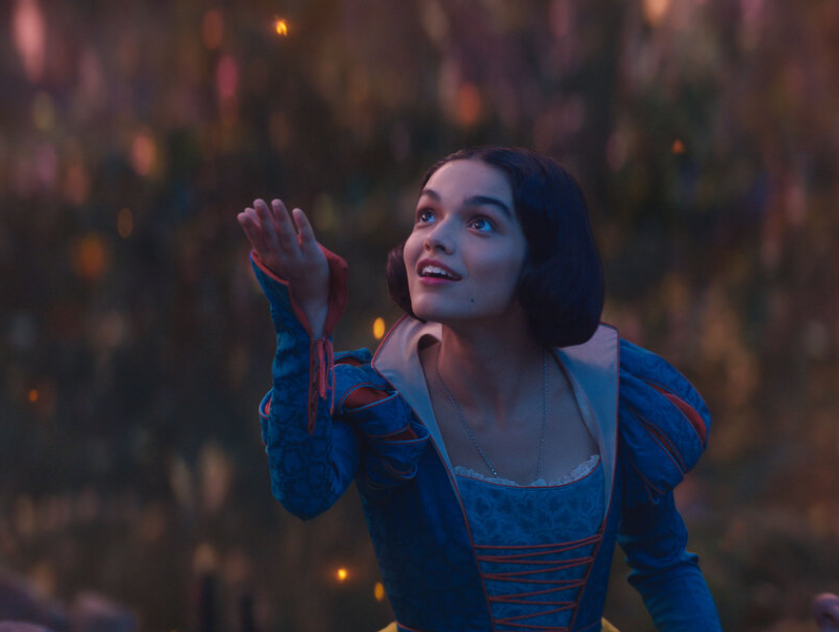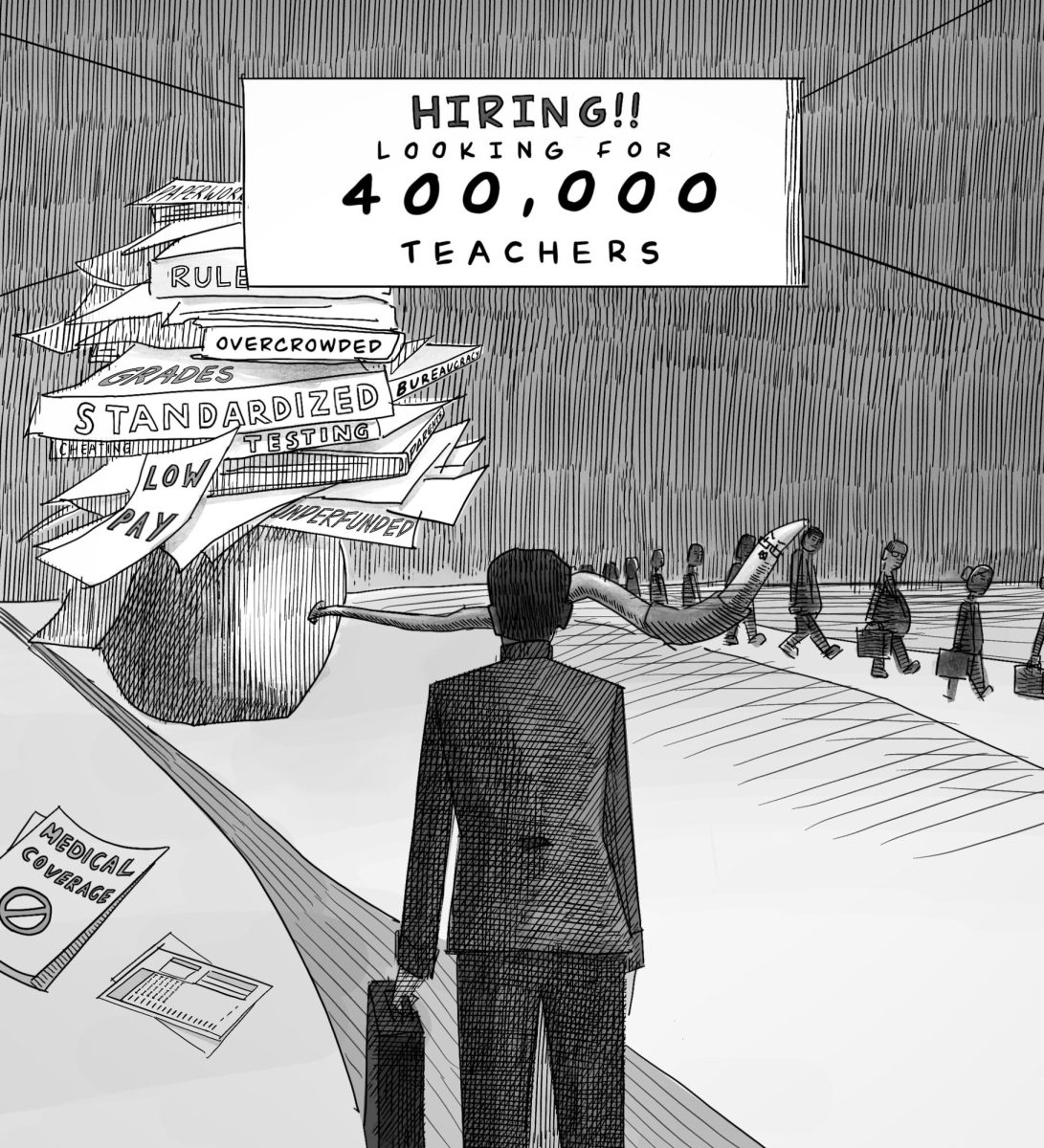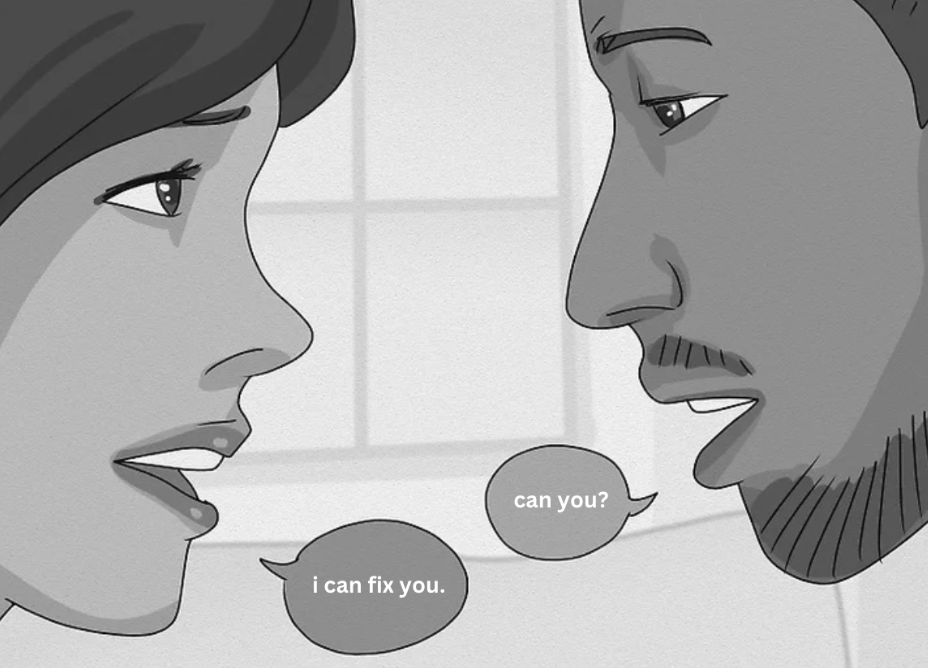Christmas hasn’t lost its magic. You have. But it’s not your fault.
In an almost natural coming-of-age, an inevitable switch in roles takes place. As a kid, Christmas was made special for you: setting up the Christmas tree with your mom, making gingerbread cookies at school, or taking pictures on Santa’s lap are all classic experiences. Religious or not, there was always a shift in the atmosphere as the holiday season approached. As children unexposed to the world and its inner-workings, we associated a sense of mystery and awe with the season—what we now fondly refer to as “magic”. But as we grow older, that innocent curiosity fades into learned sensibility, and the “magic” goes with it. As adults, we’re expected to make Christmas special. Now it’s about buying the lights for the tree, sending out waivers for the festive food, and dressing up as a mall Santa to make do. Knowledge stripped away our mystery. Perhaps, in this way, ignorance was both bliss and spirit.
Well, what about publicizing? Everyone from the ‘90s says that Christmas-time commercials and themed billboard & adverts have decreased significantly since their time! Couldn’t that be the answer to why it’s not the same? Not in the way it’s phrased, no. Commercial season has only been pushed back in the last 2 decades—originally spanning late November to early January, but often being extended from late October to late January in recent years. So while the quantity of promotional content or decorative substance hasn’t dropped, a case could be made for a Christmas whimsy decline as a result of oversaturation: taking away the magic because the commercialization runs for so long. If we’ve been seeing polar bears and snowmen on TV since October, why would they feel noteworthy in December? But are giant inflatable Santas in Home Depot parking lots really what make Christmas special?
Blame the economy all you want, but its effect has been minimal. While the COVID-19 lockdown did induce a recession and result in an 8% inflation rate, its impact on holiday culture has been overexaggerated in the media. The argument that individual purchasing power has decreased doesn’t end up translating to winter-time sales. In fact, according to the National Retail Federation, holiday sales, including both business and consumer spending, have only increased since 2003 and are expected to rise another 3-4% from 2023. As we get older and bond over the shared experience of losing that special feeling of Christmas, we also tend to overestimate and overemphasize the difference between now and when we were kids. Even though much hasn’t statistically changed, we reminisce on the “golden days” with rose-tinted glasses .
As much as we’d hate to admit it, there really is no one to blame here. The jubilance of Christmas had always just lied in the simplicity of being a kid. And of course, one of the great sorrows of life is that we’ll never be able to recreate it. But that shouldn’t make Christmas any less special. As we age, the responsibility of materializing that holiday cheer for the younger children of our communities is bestowed upon us. And if you look deep enough, there is magic in there too. A different kind, but magic, nevertheless.












